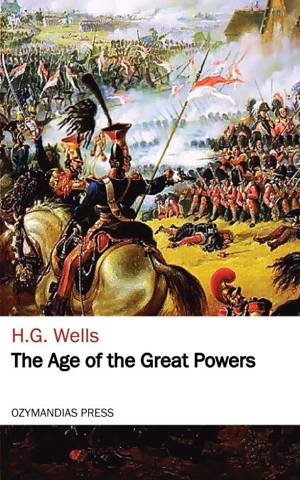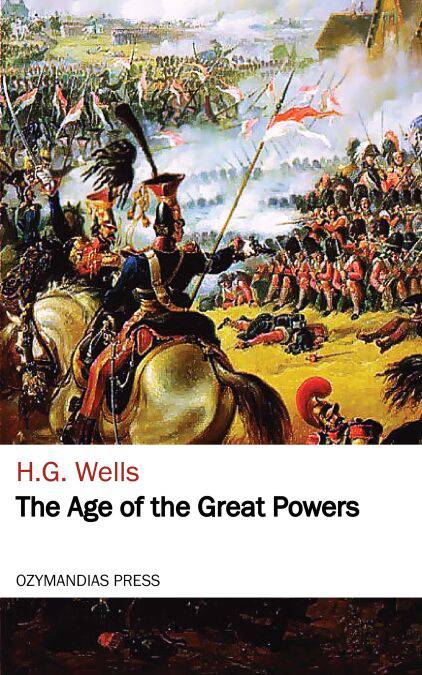
- Afhalen na 1 uur in een winkel met voorraad
- Gratis thuislevering in België vanaf € 30
- Ruim aanbod met 7 miljoen producten
- Afhalen na 1 uur in een winkel met voorraad
- Gratis thuislevering in België vanaf € 30
- Ruim aanbod met 7 miljoen producten
Zoeken
Omschrijving
The open struggle of the private property owner against the aggressions of the "Prince" begins in England far back in the twelfth century. The phase in this struggle that we have to study now is the phase that opened with the attempts of Henry VII and VIII and their successors, Edward VI, Mary and Elizabeth, to make the government of England a "personal monarchy" of the continental type. It became more acute when, by dynastic accidents, James, King of Scotland, became James I, King of both Scotland and England (1603), and began to talk in the manner we have already quoted of his "divine right" to do as he pleased. But never had the path of English monarchy been a smooth one. In all the monarchies of the Northmen and Germanic invaders of the empire there had been a tradition of a popular assembly of influential and representative men to preserve their general liberties, and in none was it more living than in England. France had her tradition of the assembly of the Three Estates, Spain her Cortes, but the English assembly was peculiar in two respects: that it had behind it a documentary declaration of certain elementary and universal rights, and that it contained elected "Knights of the Shire," as well as elected burghers from the towns. The French and Spanish assemblies had the latter, but not the former element...
Specificaties
Betrokkenen
- Auteur(s):
- Uitgeverij:
Inhoud
- Aantal bladzijden:
- 517
- Taal:
- Engels
Eigenschappen
- Productcode (EAN):
- 9781531280352
- Verschijningsdatum:
- 9/04/2018
- Uitvoering:
- E-book
- Beveiligd met:
- Digital watermarking
- Formaat:
- ePub

Alleen bij Standaard Boekhandel
Beoordelingen
We publiceren alleen reviews die voldoen aan de voorwaarden voor reviews. Bekijk onze voorwaarden voor reviews.








